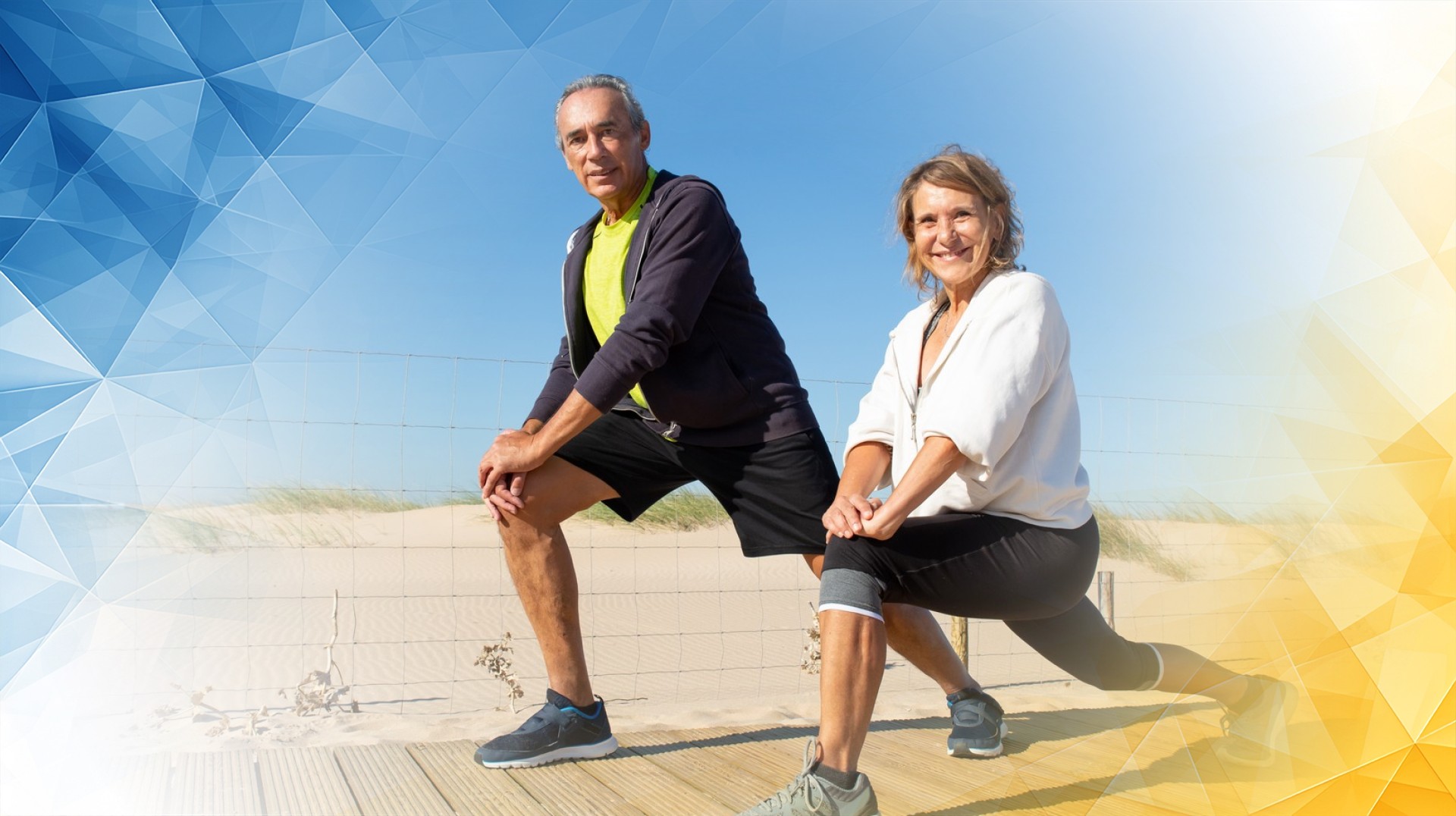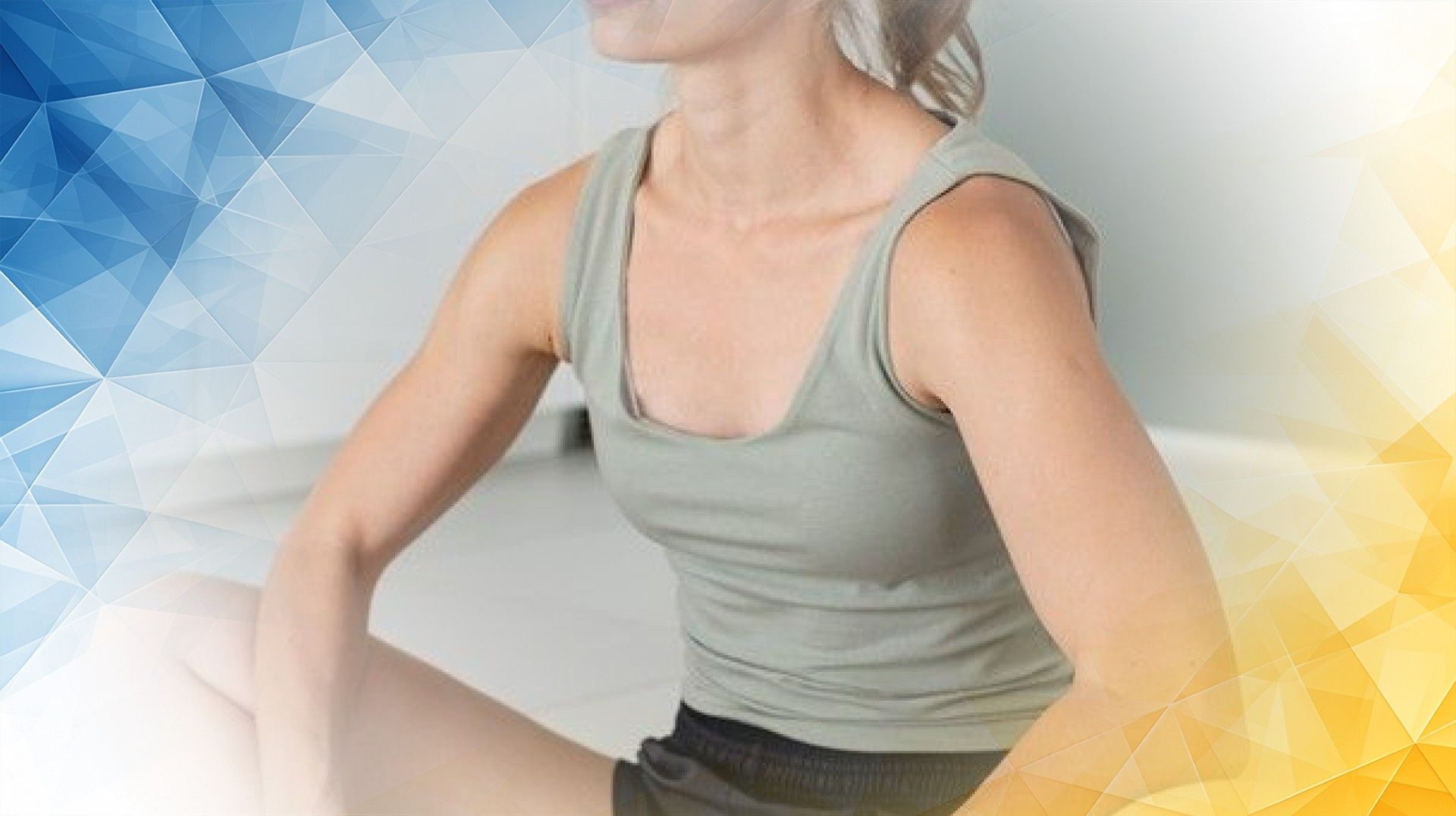



Knee pain is a common issue that can make daily activities—like walking, climbing stairs, or standing—challenging and uncomfortable. While medication or surgery are often considered for relief, yoga is emerging as a gentle, accessible option to help manage knee pain naturally. In this guide, we’ll explore research-backed yoga poses and strategies that can support your knees, reduce discomfort, and improve your overall mobility in a safe, approachable way.
Knee pain can arise from a number of causes, including arthritis, injuries, overuse, or simply the effects of aging. Typical symptoms include stiffness, swelling, and reduced movement . Conventional treatments often aim to ease pain and inflammation but may not solve underlying causes like muscle weakness or joint instability. Yoga provides a well-rounded approach—blending gentle movement , stretching, and strengthening exercises—addressing both the symptoms and root causes of knee pain. By focusing on the whole body, yoga helps improve knee function and encourages the support structures around the knee to work more efficiently.
Numerous studies have found that regular yoga practice can reduce knee pain and improve joint function, particularly for people with osteoarthritis—the most common cause of chronic knee pain. Yoga poses help by building strength in the muscles that support the knee , increasing flexibility, and promoting proper joint alignment. Beyond the physical benefits, yoga’s emphasis on deep breathing and relaxation can also shift how we perceive and manage pain. Clinical evidence even suggests that yoga-based therapy can be more effective than some traditional exercises at reducing pain, stiffness, and anxiety levels in people with chronic knee conditions. By regularly practicing targeted yoga, many people experience less pain and a greater sense of ease throughout the day.
The following yoga poses are especially beneficial for knee health. Each one comes with straightforward instructions and beginner-friendly modifications to ensure safety and comfort—no prior yoga experience needed!
Bridge Pose strengthens your hips, thighs, and lower back, all of which support the knee by reducing stress on the joint.
Tip: Place a yoga block or cushion under your hips for support if you feel any discomfort.
Warrior II strengthens the thigh muscles (quadriceps) and opens the hips, supporting better knee alignment and reducing strain.
Tip: If bending your knee is painful, keep a smaller bend or step your feet closer together.
Triangle Pose stretches the hamstrings and strengthens the muscles around the knee, enhancing both flexibility and stability.
Tip: Use a yoga block or sturdy object for support under your lower hand if reaching the floor doesn’t feel comfortable.
Begin by practicing these poses for 10–15 minutes a day, increasing duration as you grow more confident and your knees strengthen. Consistency is key—even a short, regular practice a few times a week can make a noticeable difference. Feel free to combine yoga with other low-impact activities, such as walking or swimming, for added knee protection. Always listen to your body—adjust the difficulty or duration to suit how you feel each day. If you ever experience increased pain or swelling, pause your practice and consult a healthcare professional.
Your safety is paramount. Never force your body into a pose that triggers sharp or persistent pain. Props like blocks, cushions, or folded blankets can make poses easier and more comfortable. Consider working with a certified yoga instructor, especially if you’re new to yoga or have specific concerns about your knees. Always consult your doctor before starting any new exercise routine, particularly if you have significant health issues or recent injuries.
Research consistently shows that targeted yoga poses can help reduce knee pain , improve flexibility, and promote healthier joint alignment. Poses like Bridge, Warrior II, and Triangle are practical, accessible options to support your knees and enhance your quality of life. By adding these yoga practices to your self-care routine, you can take meaningful steps toward managing knee pain , building resilience, and enjoying greater mobility.
Give these yoga poses a try and observe how your knees feel over time. With attention, gentle consistency, and thoughtful modifications, yoga can become a valuable part of your journey to less pain and more movement . Your knee health is worth the investment—listen to your body, seek expert guidance when needed, and celebrate the progress you make with each step.
Bhatta, J., Tekur, P., Tikhe, S. G., & Nagendra, H. R. (2015). Yoga reduces chronic low back pain. Yoga Mimamsa, 47(1-2), 6-9. https://doi.org/10.4103/0044-0507.195460
Nagarathna, R., Ebnezar, J., Yogitha, B., & Nagendra, H. R. (2012). Effect of integrated yoga therapy on pain, morning stiffness and anxiety in osteoarthritis of the knee joint: A randomized control study. International Journal of Yoga, 5(1), 28. https://doi.org/10.4103/0973-6131.91708
Korean Knee Society. (2012). Guidelines for the management of postoperative pain after total knee arthroplasty. Knee Surgery and Related Research, 24(4), 201-207. https://doi.org/10.5792/ksrr.2012.24.4.201
All our treatments are selected to help patients achieve the best possible outcomes and return to the quality of life they deserve. Get in touch if you have any questions.
At London Cartilage Clinic, we are constantly staying up-to-date on the latest treatment options for knee injuries and ongoing knee health issues. As a result, our patients have access to the best equipment, techniques, and expertise in the field, whether it’s for cartilage repair, regeneration, or replacement.
For the best in patient care and cartilage knowledge, contact London Cartilage Clinic today.
At London Cartilage Clinic, our team has spent years gaining an in-depth understanding of human biology and the skills necessary to provide a wide range of cartilage treatments. It’s our mission to administer comprehensive care through innovative solutions targeted at key areas, including cartilage injuries. During an initial consultation, one of our medical professionals will establish which path forward is best for you.
Contact us if you have any questions about the various treatment methods on offer.
Legal & Medical Disclaimer
This article is written by an independent contributor and reflects their own views and experience, not necessarily those of londoncartilage.com. It is provided for general information and education only and does not constitute medical advice, diagnosis, or treatment.
Always seek personalised advice from a qualified healthcare professional before making decisions about your health. londoncartilage.com accepts no responsibility for errors, omissions, third-party content, or any loss, damage, or injury arising from reliance on this material. If you believe this article contains inaccurate or infringing content, please contact us at [email protected].